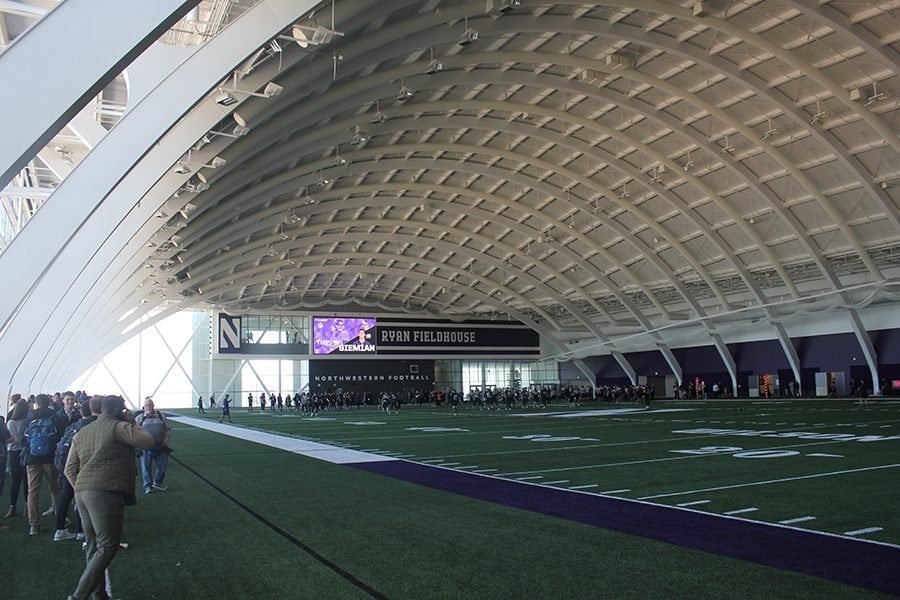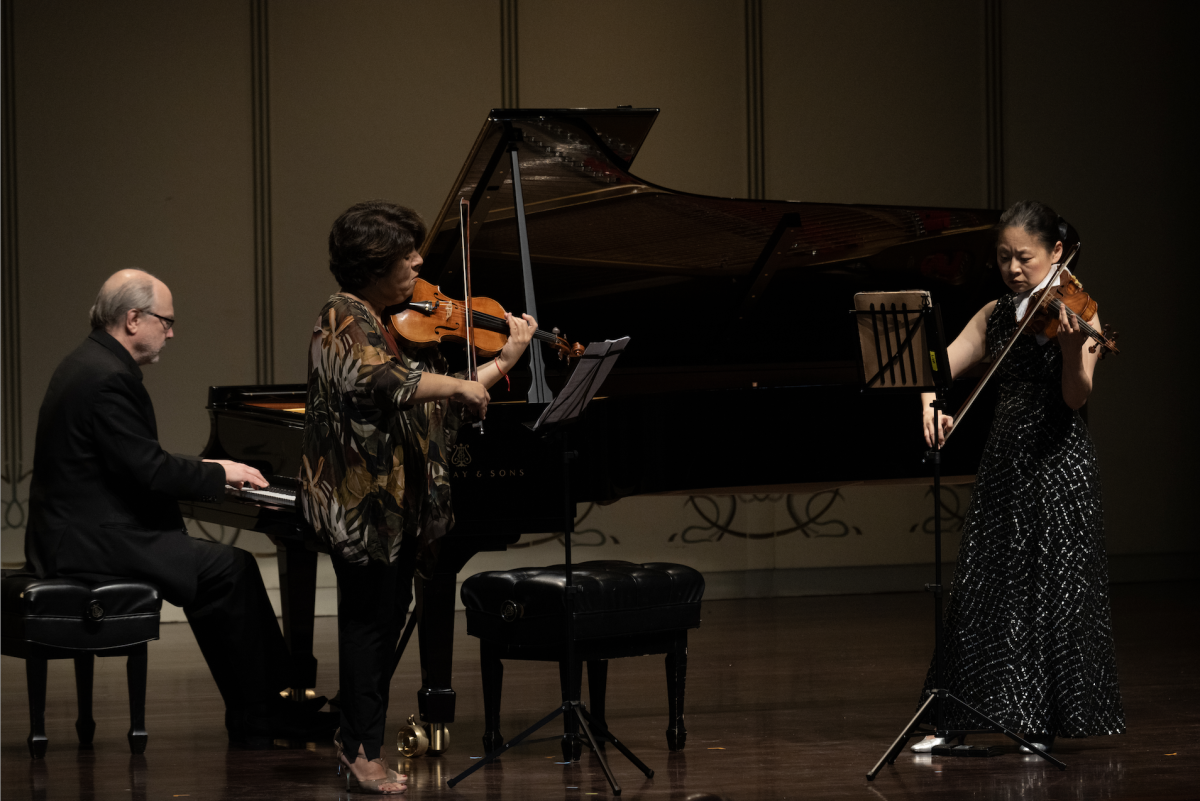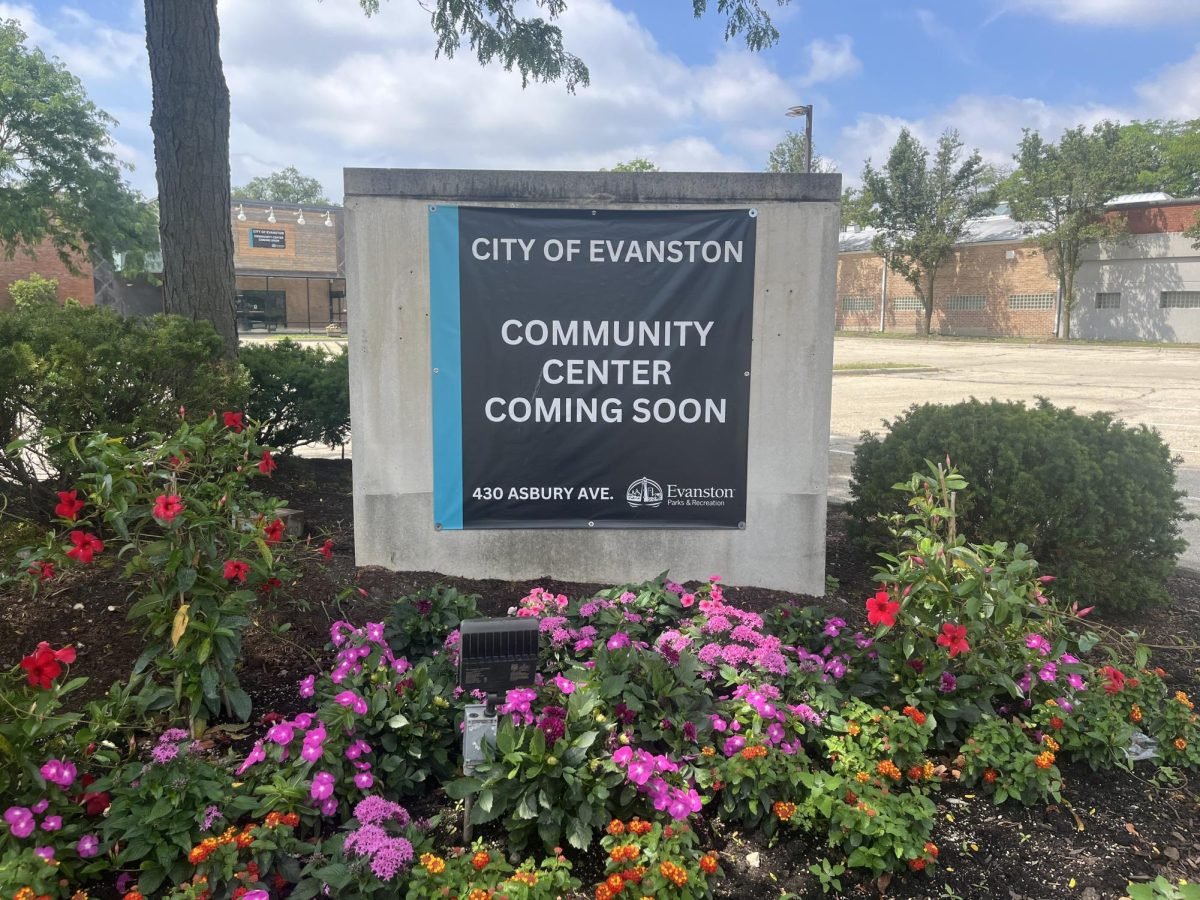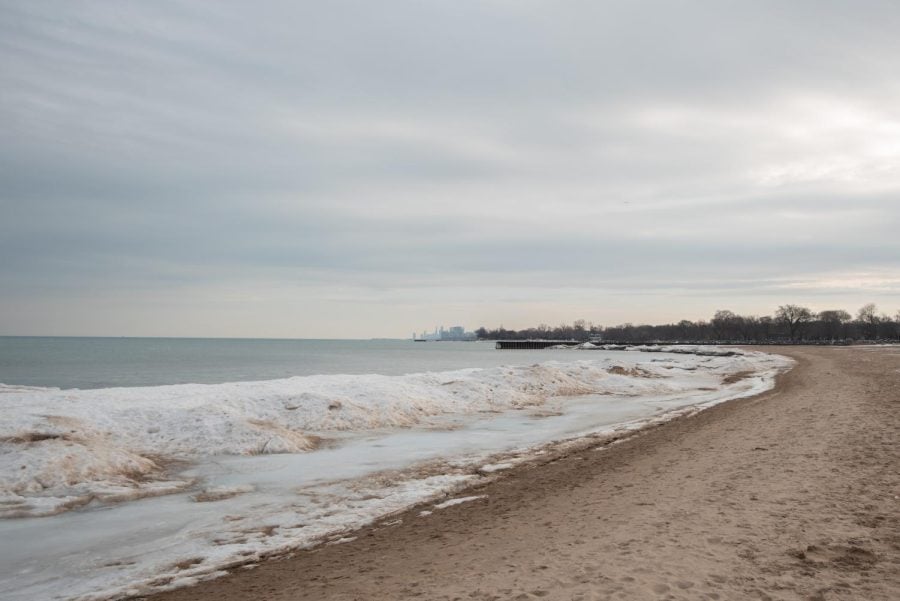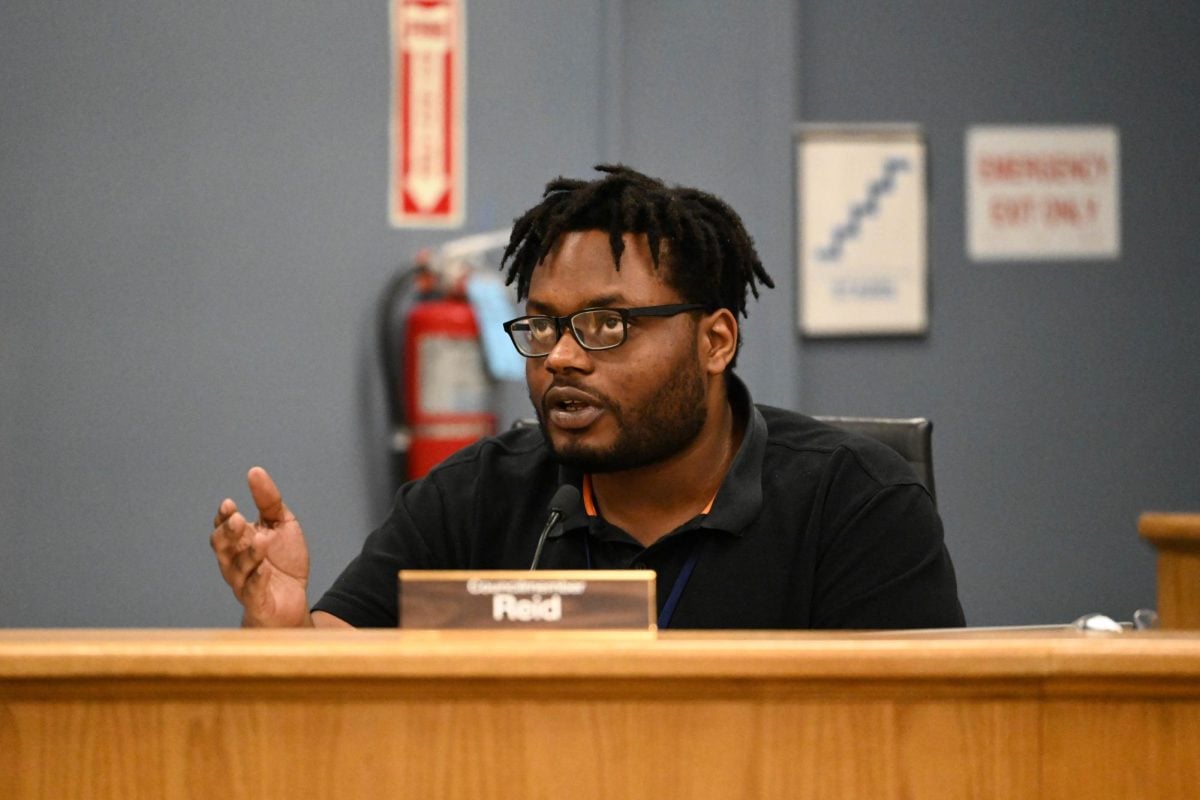Following one of the most successful participatory budgeting programs in the country, Evanston’s City Council decided not to fund a PB cycle for 2024. Now, the team behind PB has organized a new project — Open Democracy Evanston.
“We’re introducing a new journey,” said Celia Carlino, PB coordinator and Open Democracy board member.
Participatory budgeting is a process where residents have direct involvement in proposing and voting on public projects and has been implemented all over the country, including in Seattle; Cambridge, Massachusetts; and Durham, North Carolina. It’s founded in the values of open democracy, which supports transparency, crowdsourcing decision making and democratic representation, according to the PB team.
Yet amid struggles to balance Evanston’s 2024 budget, City Council ultimately did not elect to continue the program this year.
The nonprofit organization plans to monitor city government’s implementation of current PB projects, advocate for future PB funding, apply for grant funding and eventually explore other forms of open democracy like citizens’ juries, said SESP Prof. Matt Easterday, technical lead on PB and Open Democracy board member.
Gus Umbelino, a fifth-year Ph.D. candidate at NU, was a technical assistant under Easterday for PB and later coordinated volunteers advocating for PB’s renewal. Umbelino is now the interim chair for Open Democracy’s eight-member board, made up of former PB staff members, technical team members and volunteers.
The board had its first meeting Friday, and Umbelino said they’re “figuring it out as (they) go.”
“I’m very excited about this opportunity to work with community members on local issues that matter to all of us,” he said.
The city initially funded PB in 2021 using $3 million in funding from the American Rescue Plan Act, which allocated $43 million in pandemic relief money to the city.
From there, volunteers and staff held idea generation meetings, and budget delegates drew up proposals for selected ideas. More than 6,000 Evanston residents — 8.6% of the population — voted in the city’s PB election, held over the course of September.
The seven winning projects included mental health first aid training, an urban farm and two affordable housing projects.
According to PB’s final report, published in December, the voter turnout and community engagement far exceeded expectations. Other cities with participatory budgeting programs have seen less than 2% turnout.
Idea generation and budget delegation meetings also drew high levels of participation from communities of color and low-income communities. More than half of participants had not previously participated in local government, the report said.
“Seeing people who have worked forever to try to make Evanston better but have been shut out of government in certain ways have power and get their voices heard and make a difference is just the best,” Easterday said.
Carlino initially learned about participatory budgeting when she worked as a Spanish interpreter for Ald. Juan Geracaris (9th). As PB coordinator, Carlino tried to reach “every corner of Evanston,” she said, through canvassing, talking to city council and leading an all-Spanish idea generation meeting.
Carlino said she hoped to be a “bridge” between Evanston’s historically underrepresented Spanish-speaking communities and the city government, and feels proud of the city for the work PB has done, especially of the team behind PB and Open Democracy.
“You have leaders that are committed and willing to work with their heart and make a difference,” she said.
Easterday said city employees are currently working with the organizations behind the winning proposals. A large part of Open Democracy’s mission is monitoring that implementation and ensuring the city is communicating with residents and stakeholders about its progress.
In their report, Easterday and his team recommended increasing the pot for PB funding and expanding the idea generation and outreach programs in the future. Ninety-five percent of idea generation participants and 60% of the voters supported another round of PB.
Evanston resident Carol Henes, a volunteer for PB and now an Open Democracy board member, said she hopes the city will eventually fund the PB process consistently.
Even if the city does not fund the program next year, Carlino said, she believes the team will “continue to find ways to support the community.”
“We have to keep the momentum going,” Carlino said. “People know us. And I think if they know we are the ones running this, they will come support, and we will continue making a difference in our community.”
Email: [email protected]
Related Stories:
— Evanston, NU collaborate on participatory budgeting
— Participatory Budgeting winner Evanston Urban Farm hopes to combat food insecurity in Evanston









